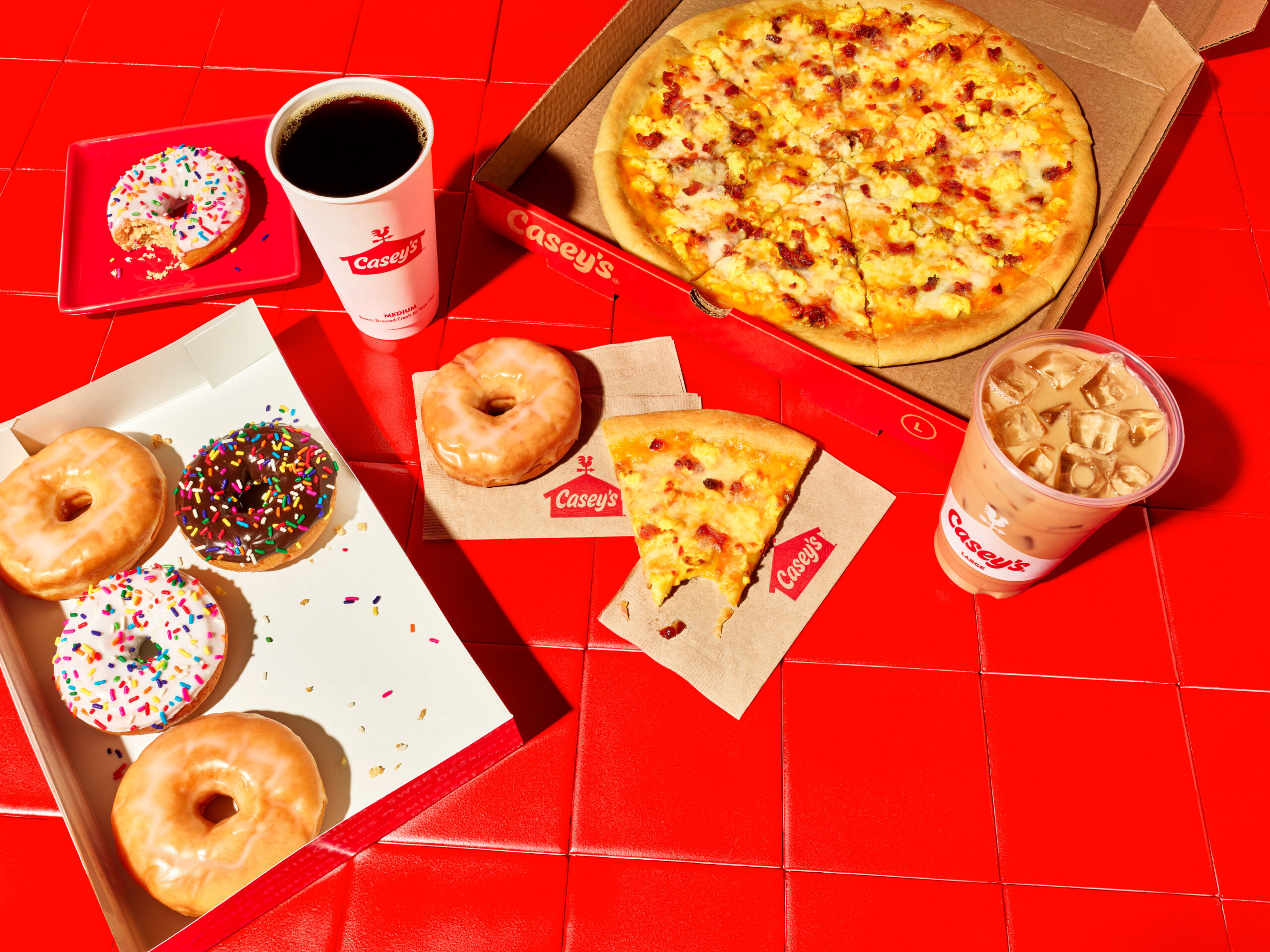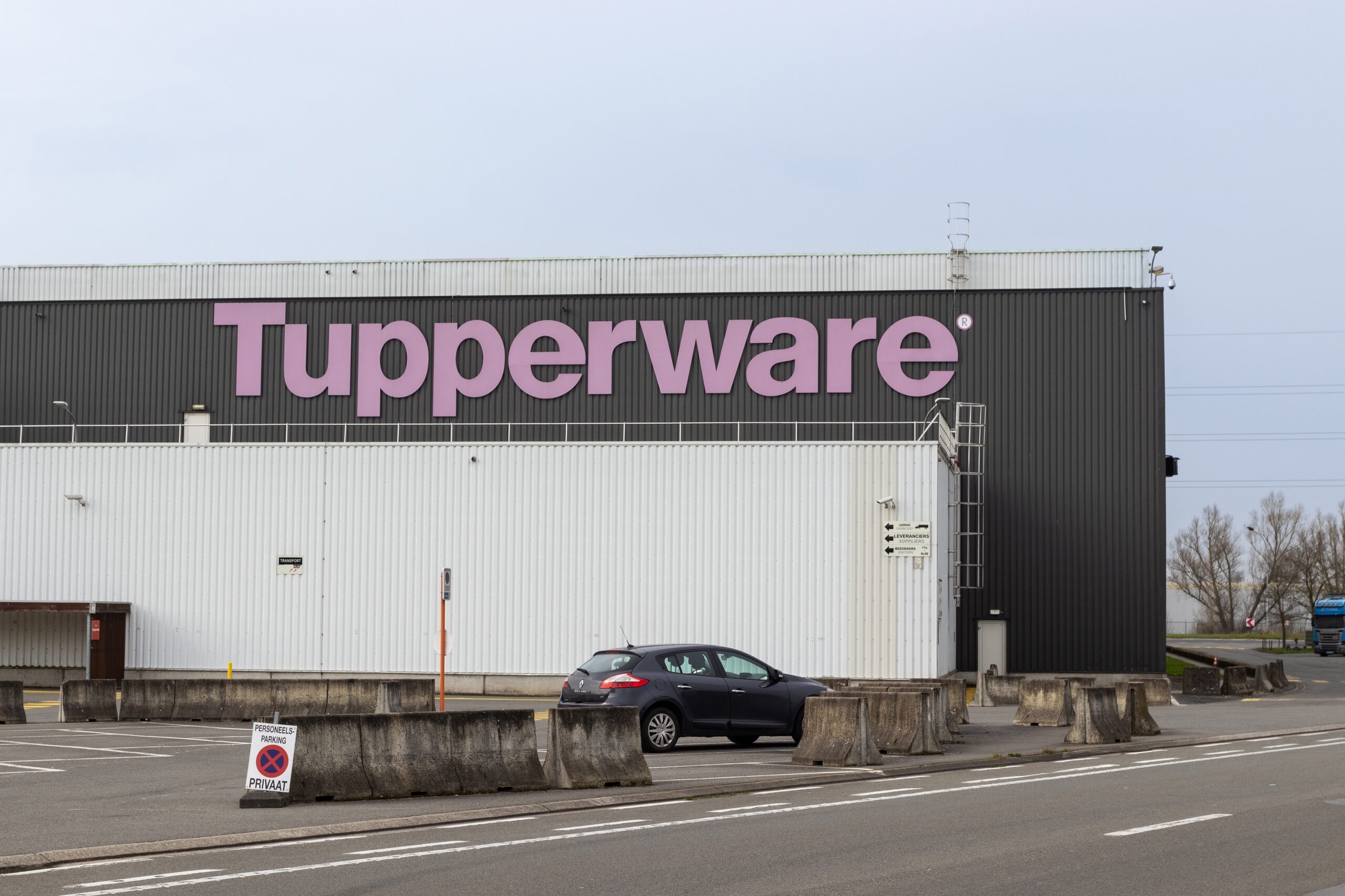Jennifer Silverberg | Source | CEO at SmartCommerce

Jennifer Silverberg
Jennifer Silverberg is the CEO of SmartCommerce, where she leads an international team to help major CPG brands own and drive their customers’ buying experience. Within the last 12 months, SmartCommerce drove $3 billion+ in sales for its customers. She’s also the co-host of the acclaimed CPG Scoop podcast.
Jennifer has 30+ years of experience working with major CPG and other brands in senior marketing and leadership positions in companies ranging from startup to Fortune 50. She is a sought after speaker on CPG trends and has recently been featured at Groceryshop and Brand Innovators at Cannes.
Prior to founding SmartCommerce, Jennifer led Marketing at Channel Intelligence, one of the world’s leading commerce technology partners that was acquired by Google in 2013.
Jennifer is a lifetime consumer behavior voyeur, founder of Eat Yourself Well (a health and wellness foodie site that has gained 500,000+ followers) and loves nothing more than exploring the world with her two kids.
-
SmartCommerce (https://smartcommerce.com)
CEO
started Jun 2016
-
2024: The Year of the Convenience Store - The Food Institute
Convenience stores have seen significant growth in 2024, with visits increasing 58.6% in August compared to 2021.
Article -
Tupperware Brands files for bankruptcy
Tupperware's failure to fully take advantage of digital sales ultimately led to the Chapter 11 bankruptcy filing.
Article -
EXCLUSIVE: Are Traditions Still Shaping Holiday Plans and Meals?
PG talks with SmartCommerce CEO about fresh data that supports desire for harmonious, familiar occasions
Article
-
Tupperware’s Bankruptcy: A Slow eCommerce Adaptation
Jennifer points to Tupperware’s delayed eCommerce adoption as a key factor. “They didn’t have an eCommerce site until 2021 and only started selling on Amazon in 2022,” she notes. Despite this, Jennifer believes Tupperware can leverage social commerce and nostalgia trends for a comeback, stating, “Tupperware is one great marketer away from success!” -
Convenience Stores Thrive with On-Demand Shopping Trend
Jennifer attributes the rise in C-store visits to a shift towards "on demand" shopping, with consumers favoring smaller, frequent pickups. She notes that Buc-cee's combines convenience with a fun experience. Jennifer advises grocery stores to simplify quick stops, emphasizing that "convenience is the new dollar off." -
New CEO Faces Major Challenges at Party City Amid Retail Shifts
Jennifer highlights that Party City must enhance its online presence, streamline inventory, and offer unique shopping experiences. Competing with e-commerce giants and embracing quick and social commerce are crucial. "Party City will need to compete in all these ways to win in this space," she says.
-
“Tupperware – probably for the best of reasons, attempting to protect their loyal sellers – was absurdly late to the e-commerce game,” says Jennifer Silverberg, chief executive officer of SmartCommerce, a martech platform.
Plus, she points out that the company’s website is outdated and offers consumers a lackluster experience. “The site they have today is simply a ‘catalog’ view of their products, without any supporting lifestyle content or reasons for buying.”
Silverberg observes that Tupperware’s bankruptcy filing indicates a “lack of experience in the e-commerce space.”
In its court filing, the company notes that when a customer searches for ’Tupperware’ on Amazon, the site “return[s] results for other brands, undercutting the Company’s strategic purpose for selling on Amazon.”
This attitude in itself represents a shallow understanding of the landscape, Silverberg suggests. “Any e-commerce marketer knows this is simply how Amazon works,” she says.
Silverberg, meanwhile, makes a different suggestion. She believes that Tupperware could dominate the growing social commerce space and tap into the hype that has fueled the success of brands like Stanley.
One thing the brand has going for it, both Peters and Silverberg agree, is longstanding, hard-earned brand equity, which can go a long way in helping it compete.
In the end, Silverberg is betting on a comeback: “I’ll bet there are some great marketing leaders out there salivating at the opportunity to help Tupperware turn a corner – and if they hire a great one, my money would be on us reading their comeback story in the coming year.”
-
“Just a couple of years ago, we were getting a lot of interest in what I would call novelty – ‘I will try this new thing.’ When we dug into that, it was about wanting to try something new because you had spent a year with the same people and same four walls during COVID. Now, I’m going to call it a return to the familiar. It seems people want something they can count on and want the things they know, the people they know and the experience they had before,” said SmartCommerce CEO Jennifer Silverberg in a recent interview with Progressive Grocer.
-
This is likely a reflection of the trend that’s happening in grocery overall: a shift away from the “weekly stock-up” behavior to a more on-demand approach, with more frequent pickups and deliveries, said Jennifer Silverberg, CEO of SmartCommerce.
“This shift is getting consumers more used to smaller pack sizes, single-serve drinks, etcetera,” she added.



